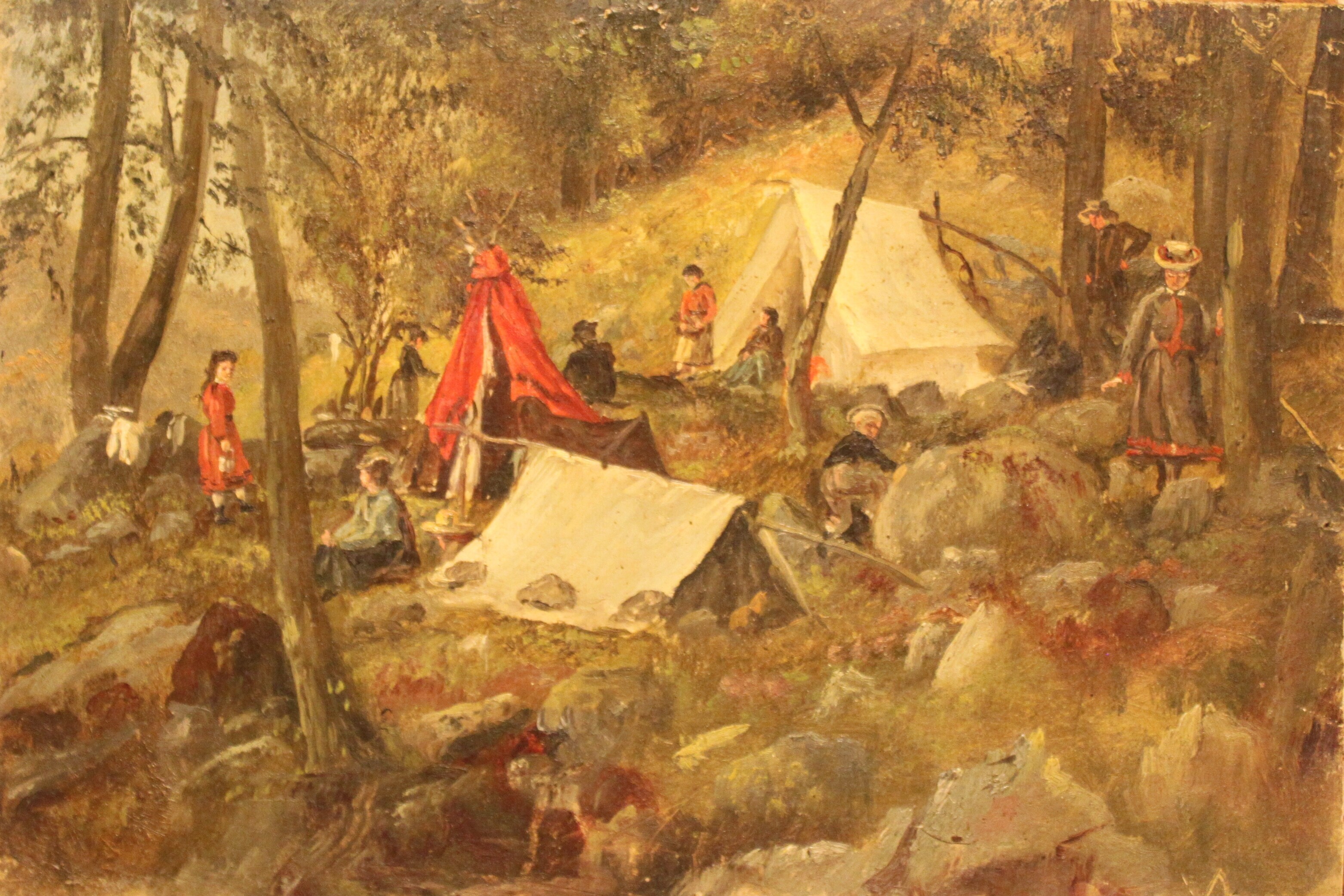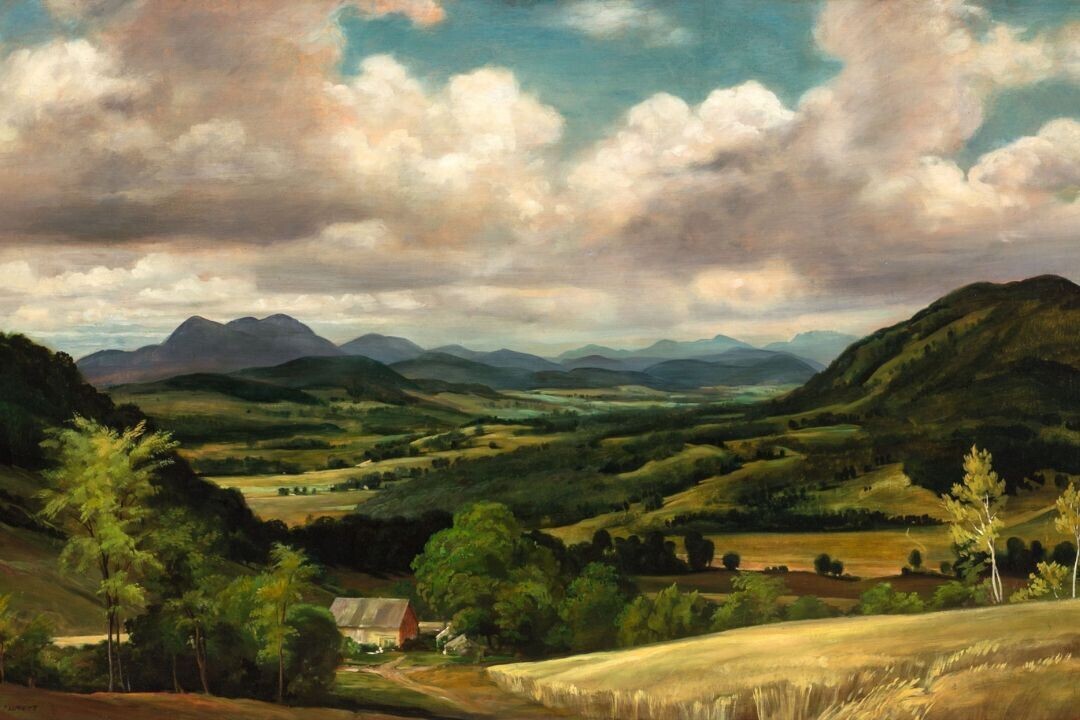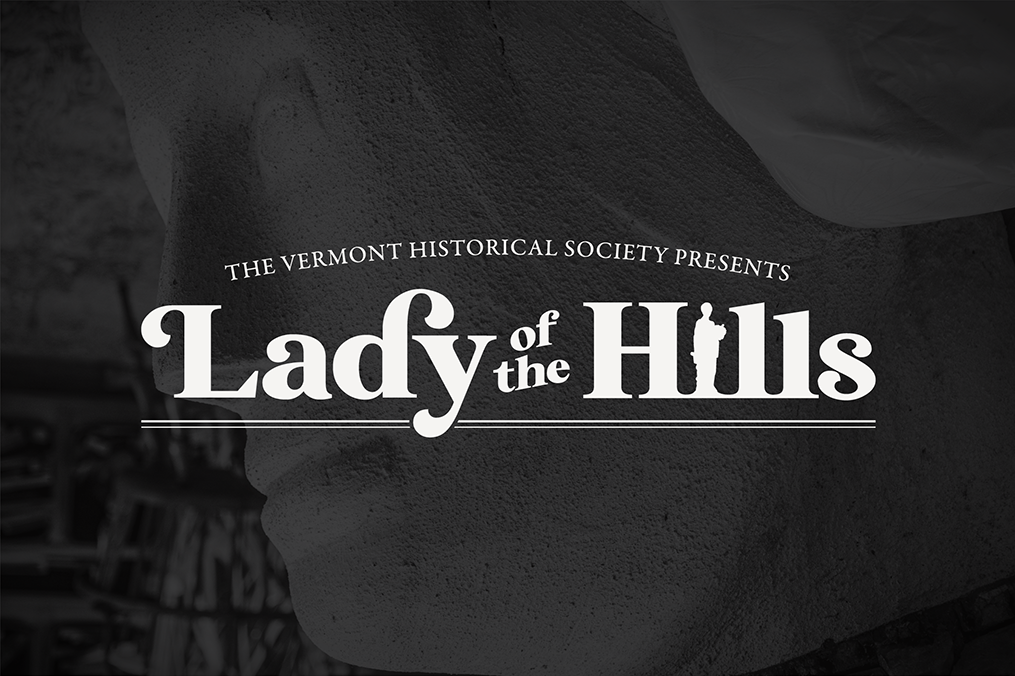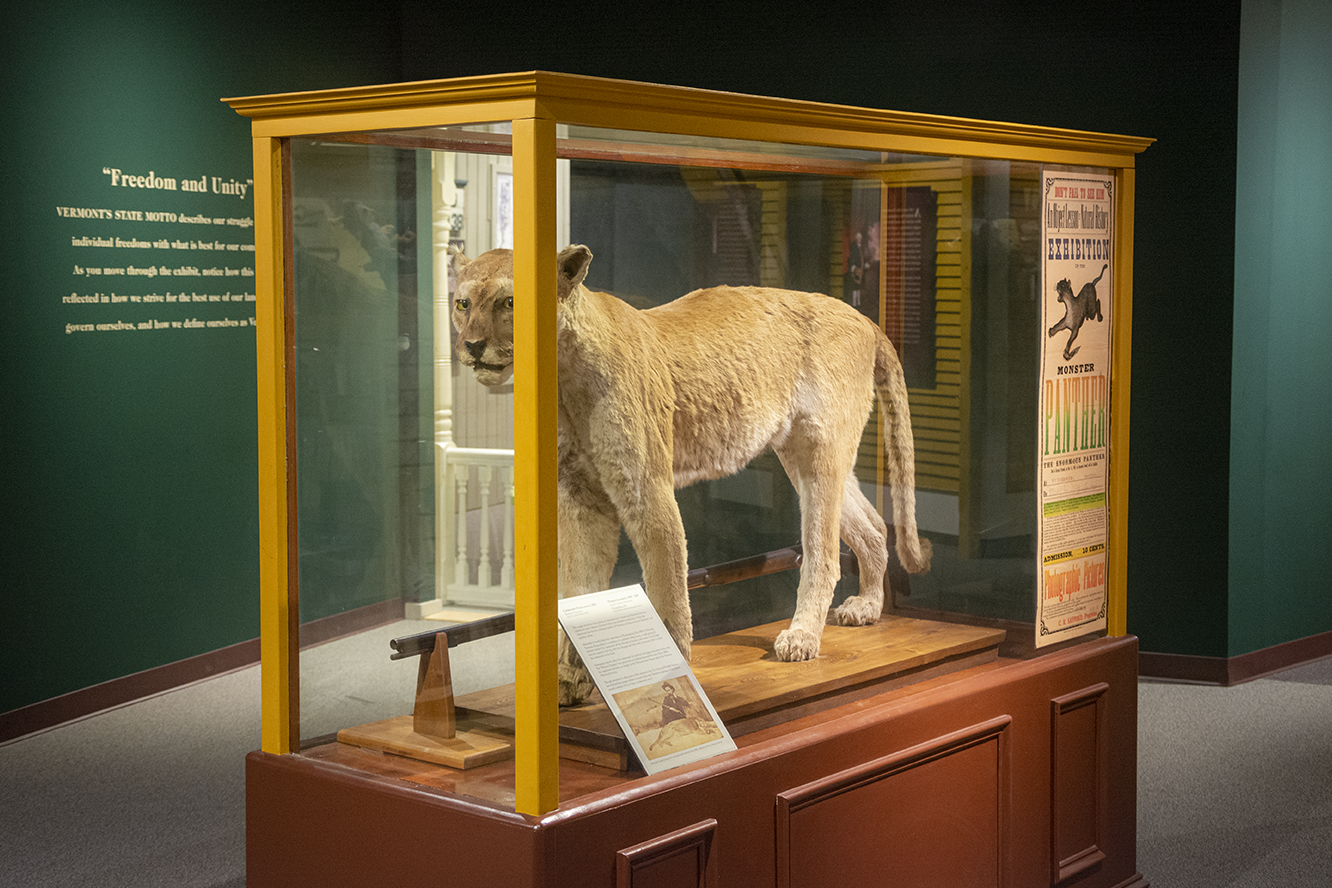Abenaki Harvest School

This workshop with Dr. Frederick Wiseman focuses on the harvest; including the crops that will be harvested, specialized Indigenous equipment such as harvest knives and baskets, sieves and winnowers; as well as techniques such as braiding and stringing corn for drying it, preparing and drying sunflowers, etc.
We also focus on the Harvest Ceremony, storage of the harvest, and seed saving. Indigenous foodstuffs in diet, food security, and native sovereignty will also be discussed.
$10 VHS Members / $20 Non-Members. Free for Abenaki tribal citizens. Register here.
About Dr. Fred Wiseman
Dr. Wiseman was trained as a Paleoethnobotanist at the University of Arizona. After serving in the Department of Geography and Anthropology at Louisiana State University and MIT Center for Materials Research in Archaeology and Ethnology, he returned to his Vermont roots to teach and do research at Johnson State College until his retirement in 2014.
Since 1987, he has focused on the Indigenous Wabanaki people of the far Northeast. Since 2009, Wiseman has worked with Indigenous groups in New England, Quebec, and the Mid-Atlantic to re-configure an almost lost Northeastern agricultural and forest landscape heritage. Wiseman teaches ceremonial craft arts, song, dance, and ceremony as important in crop nurture as sun, rain and fertile soil. He has also recovered significant numbers of ancestral recipes to help in reviving a lapsed regional Indigenous cuisine.
His research into Wabanaki and Chesapeake Bay area food systems is detailed in his recent book The Seven Sisters: Ancient Seeds and Food Systems of the Wabanaki People (Earth Haven, 2018). He was instrumental in the research and political advocacy that led to four Vermont Indigenous bands being recognized by the state of Vermont, for which he was awarded the first Lifetime Achievement Award by the Vermont Abenaki Artists Association.



